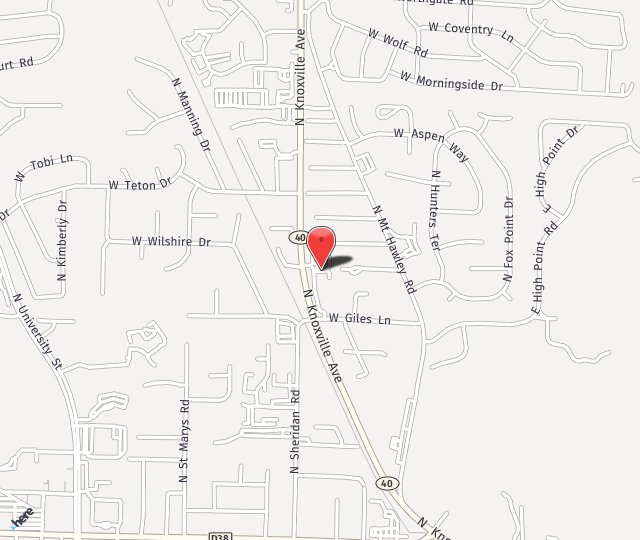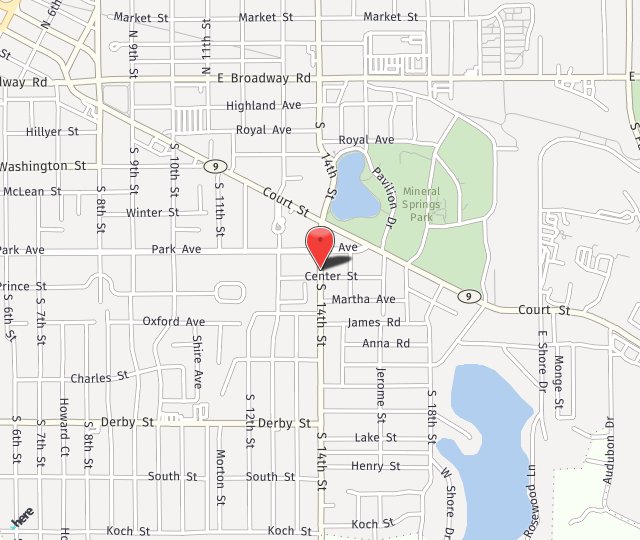Because of the complicated nature of the eyes and the fundamental importance of having good sight, many individuals find themselves wearing corrective lenses at some point in their lives. Though the majority of individuals are nearsighted or farsighted, requiring either divergent or convergent contact lenses or glasses, people with more complicated eye conditions require specialty eyewear suited for their particular problem.


Specialty eyewear can meet specific requirements in terms of injury prevention, protection from UV rays, reading, driving, and much more.
Some people require specific eyewear depending on their occupation. Typical bifocals, for instance, direct the eyes toward the bottom part of the lens and require that the wearer look down to accomplish close reading. For individuals who spend most of their day reading or writing, neck pain is sure to develop. Luckily, specially designed trifocals correct this problem. Those who invest in trifocals often carry an extra pair of reading glasses around in case they’re needed.
Individuals who have experienced eye trauma or diabetics who have vision in only one eye, often invest in protective eyewear. The most important thing for these people is to maintain vision in the impaired eye and protect the healthy eye from injury. Often these glasses don’t even have prescription lenses. Similarly, many athletes wear sports goggles in order to decrease the risk of eye injury, which is common in many sports.
Other specialty glasses include those designed for driving and computer use. People with low vision and computer vision syndrome require specialty glasses to reduce glare and enable protracted intermediate vision (the distance between the computer screen and your eyes).
Our practice has a wide variety of specialty eyewear that we can show you to fit just about any need you might have.


